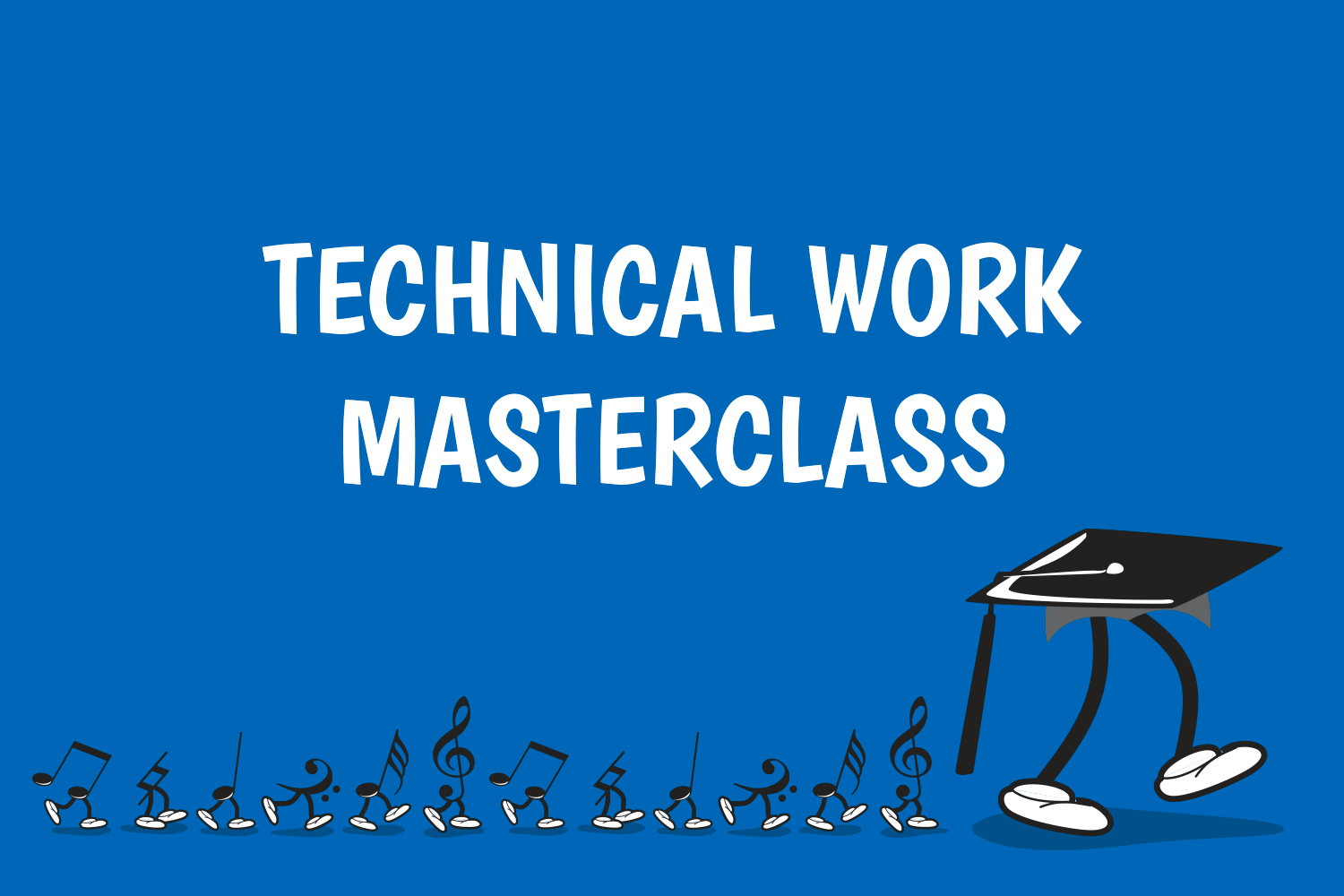Technical Work Masterclass

Abe Cytrynowski, teacher, examiner and creator of ‘Scalecards’, will conduct a masterclass on technical work at the Winter Piano Seminar. Following is some information from Abe on what he plans to cover in this session.
“From as far back as my early days of teaching piano (some 29 years ago) I have always felt that the problems students face with their repertoire can be approached from two different angles or perspectives. On the one hand, there is the issue of musicality, interpretation, a feel for the music, the story it tells and so on, and on the other hand, there is the sheer challenge of playing a piece without pauses, double takes, stutters and mental blanks. Obviously there are connections between interpretation and technique, but these two areas can often be worked on independently too.
“When it comes to technical work, as opposed to pieces, it generally is less a matter of interpretation and musicality than the sheer business of getting through the work fluently, without mental blanks, pauses, unevenness in touch and so on. And it is this aspect of fluency, reliability and steadiness that I normally concentrate on in my approach to technical work – in both my teaching studio and when conducting masterclasses.
“In a nutshell, I feel the biggest barrier or problem besetting students with their scales & arpeggios is the trap of falling into “automatic pilot”. The fingers have more or less learnt a pattern by rote without any real intellectual awareness of what is really going on, and when the chips are down, when nervousness sets in, the whole edifice collapses and a simple scale like D major becomes a major trauma rather than a major scale.
“My approach is to provide students with a large number of exercises that make it impossible to play in automatic pilot, and totally necessary to be fully aware of what is happening, so that the playing is dependable and firm, so that fluency is not a hit-and-miss affair but a sure thing that can the student can expect each time. Most of these exercises are good fun, even if a little challenging, and many of them can be applied to the wider repertoire, especially when it comes to rapid passage work.
“In the masterclass situation, I prefer to work with students whom I have never met before, and who approach the piano prepared to play a scale that is only just fairly good – not brilliant. The hands on work we do (e.g. playing the scale in various rhythms, accents, articulations, different starting points etc.) normally transforms the playing of the scale within minutes, so that students can readily see the benefit of this different practice approach to their scales. Many of these methods can be used for absolute beginners who are playing scales in only one or two octaves and with separate hands. I find the insights students gain regarding the dangers of playing in automatic pilot (i.e., without being “totally there”) are of immense benefit and can also be applied to the wider repertoire.
“So much practice of technical work is experienced as sheer drudgery by the student, that if nothing else, the exercises introduced at the technical masterclass will provide them with a whole new fun approach to practising scales. Students may even find that Scales & Arpeggios become the enticing new draw-card to their practice sessions generally!”
